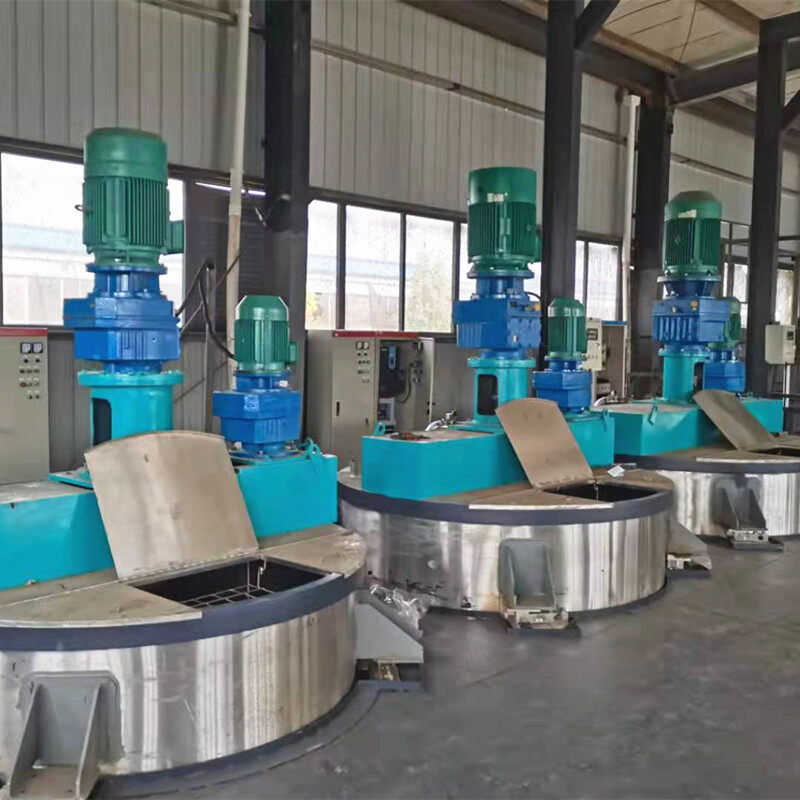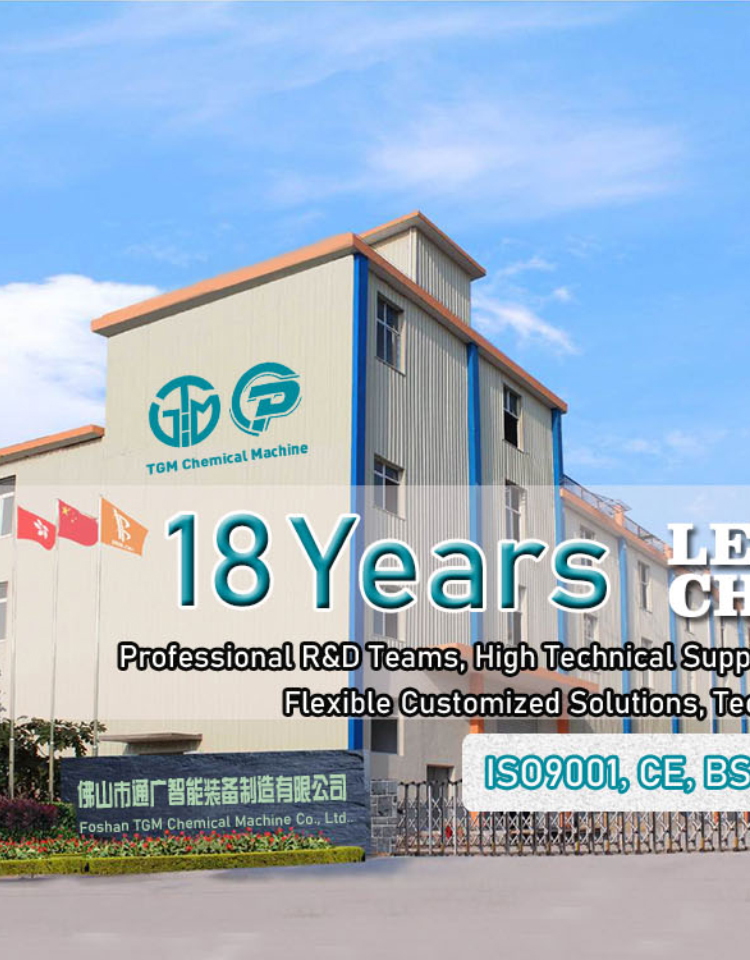Email cannot be empty
Password cannot be empty
Email format error
Email cannot be empty
Email already exists
6-20 characters(letters plus numbers only)
The password is inconsistent
Email format error
Email cannot be empty
Email does not exist
6-20 characters(letters plus numbers only)
The password is inconsistent


Comprehensive Guide to Paint Production Line Equipment
In the ever-evolving world of manufacturing, the paint industry stands out for its innovations and advancements. At the heart of this industry is paint production line equipment, which plays a critical role in ensuring efficiency and quality. This blog will delve deep into the components, benefits, and considerations when investing in paint production line equipment, providing you with a thorough understanding of its significance.
Understanding Paint Production Lines
What is a Paint Production Line?
A paint production line is a system designed for the efficient production of various types of paint, including water-based, solvent-based, and specialty coatings. This system integrates multiple stages of the production process, from mixing raw materials to packaging the final product.
Key Components of Paint Production Line Equipment
Mixers and Dispersers
○ Essential for combining raw materials, these machines ensure uniformity in the paint mixture.
○ High-speed mixers are often used to disperse pigments and additives effectively.
Storage Tanks
○ Used to hold raw materials and finished products.
○ Tanks must be designed to prevent contamination and facilitate easy access for sampling.
Pumps and Piping Systems
○ Critical for transferring materials between different stages of production.
○ Properly designed pumps can enhance the efficiency of the production line.
Filtration Systems
○ Essential for removing impurities from the paint, ensuring a high-quality finish.
○ Various filtration methods can be employed depending on the specific requirements of the paint.
Packaging Equipment
○ The final stage of the production line, where finished paint is packaged for distribution.
○ Automated filling machines ensure consistency and reduce labor costs.
Benefits of Investing in Quality Paint Production Line Equipment
Enhanced Efficiency
By utilizing advanced paint production line equipment, manufacturers can streamline their processes, reducing production time and minimizing waste. Automation in mixing and packaging significantly contributes to overall operational efficiency.
Improved Quality Control
With sophisticated equipment, it is easier to maintain consistency in the quality of the paint. Advanced mixing and filtration technologies ensure that the final product meets stringent quality standards, reducing the likelihood of defects.
Cost-Effectiveness
Although the initial investment in paint production line equipment may be significant, the long-term savings in labor, material waste, and increased production rates make it a worthwhile expenditure. Efficient equipment can lead to lower production costs per unit.
Flexibility in Production
Modern paint production lines can be easily adapted to produce different types of paints. This flexibility is crucial for manufacturers looking to diversify their product offerings without overhauling their entire production setup.
Key Considerations When Selecting Paint Production Line Equipment
Production Capacity
When choosing paint production line equipment, it’s important to consider the production capacity that meets your business needs. This involves assessing current demand and anticipating future growth.
Material Compatibility
Ensure that the equipment is compatible with the types of materials you intend to use. For example, certain mixers may be better suited for thicker coatings, while others are designed for more fluid formulations.
Technology Integration
With the rise of Industry 4.0, integrating smart technology into your production line can enhance monitoring and control. Look for equipment that offers connectivity features, allowing for real-time data analysis and predictive maintenance.
Space and Layout
Consider the physical space available for your production line. A well-designed layout can improve workflow and minimize bottlenecks. It’s essential to plan the equipment arrangement to facilitate efficient movement of materials.
The Role of Automation in Paint Production Lines
Benefits of Automation
Automating various stages of the paint production process can lead to significant improvements in speed and accuracy. Automated mixers and filling machines reduce human error and ensure consistent results.
Types of Automated Equipment
- Robotic Arms: Used for packaging and palletizing, reducing labor costs and increasing efficiency.
- Automated Control Systems: Monitor and adjust production parameters in real time to optimize performance.
Challenges of Automation
While automation offers many advantages, it can also present challenges. Initial setup costs and the need for skilled personnel to operate and maintain automated systems can be significant hurdles.
Future Trends in Paint Production Line Equipment
Sustainable Practices
With a growing emphasis on sustainability, the paint industry is moving toward more eco-friendly practices. This includes the development of water-based paints and the use of recyclable materials in packaging.
Smart Manufacturing
The integration of IoT (Internet of Things) in paint production lines will allow for better tracking and management of production processes. This technology will enable manufacturers to predict equipment failures and optimize maintenance schedules.
Customization and Personalization
As consumer demand shifts toward personalized products, paint production lines will need to adapt. Equipment that allows for small-batch production will become increasingly important, enabling manufacturers to offer customized paint solutions.

Conclusion
Investing in high-quality paint production line equipment is essential for manufacturers looking to enhance efficiency, improve product quality, and remain competitive in a dynamic market. By understanding the components, benefits, and future trends associated with these systems, businesses can make informed decisions that drive growth and success.
In summary, whether you're starting a new paint manufacturing venture or looking to upgrade your existing production line, prioritizing the right equipment will set you on the path to achieving your goals. Embrace the advancements in technology and stay ahead in the paint industry by continually assessing and optimizing your production processes.

